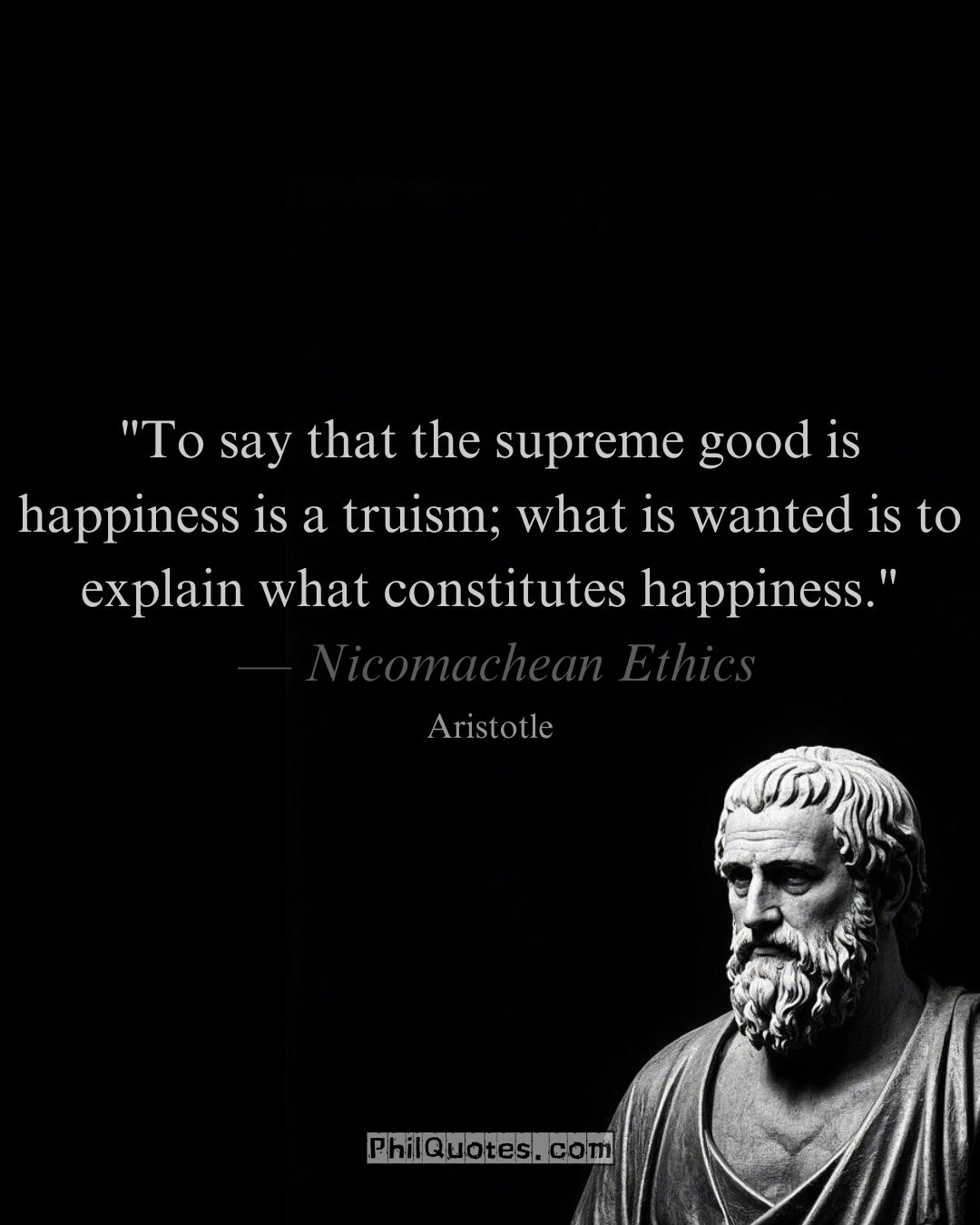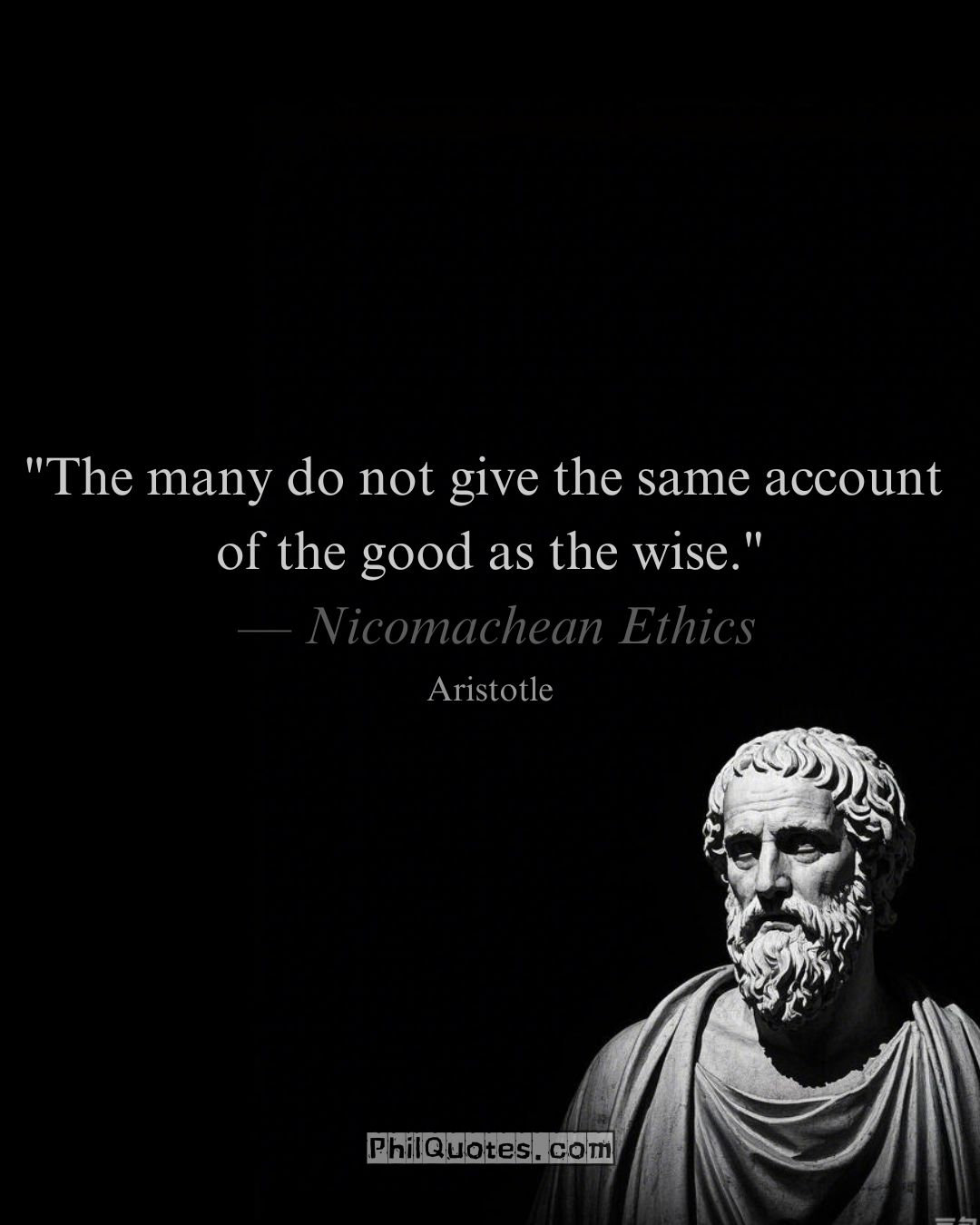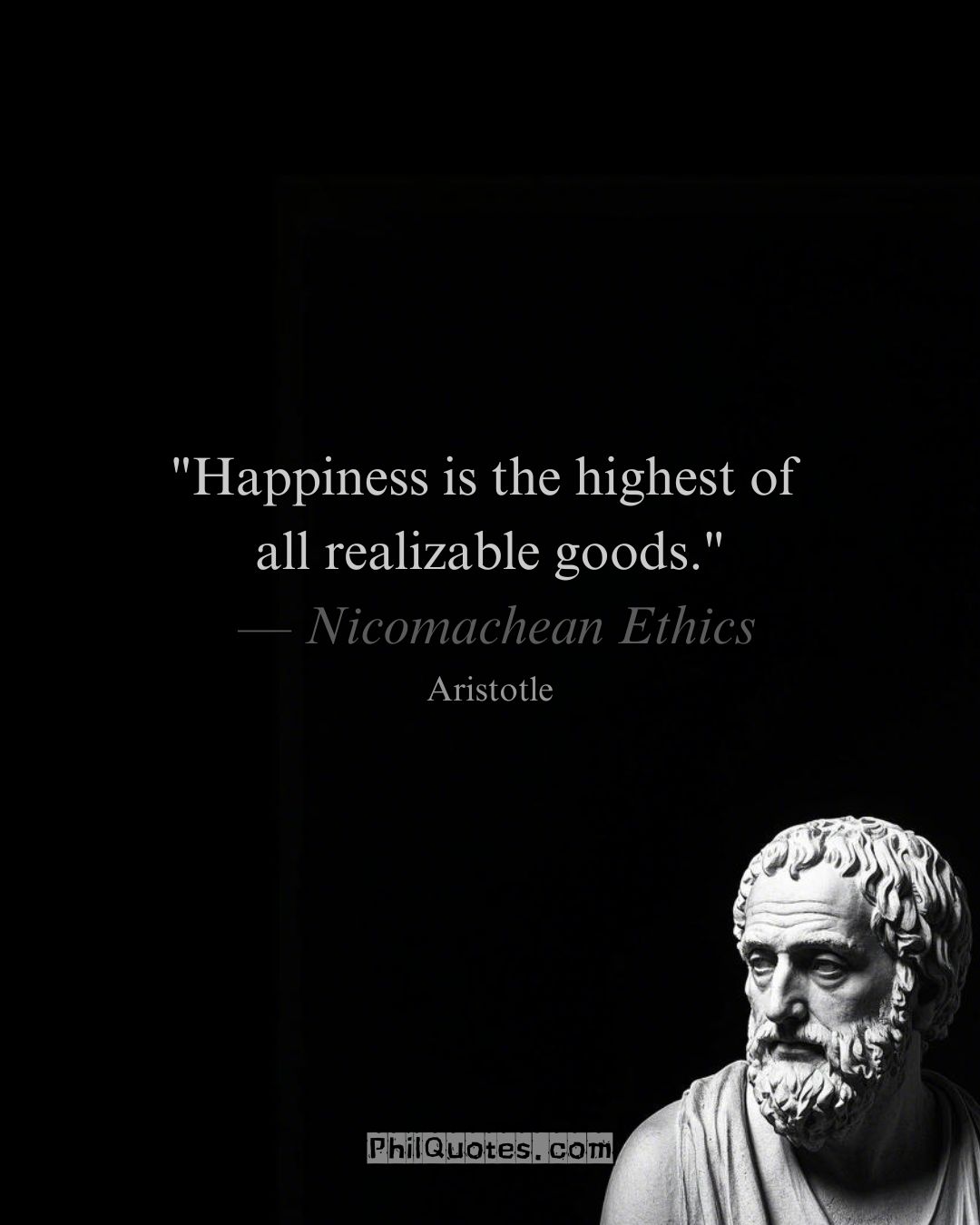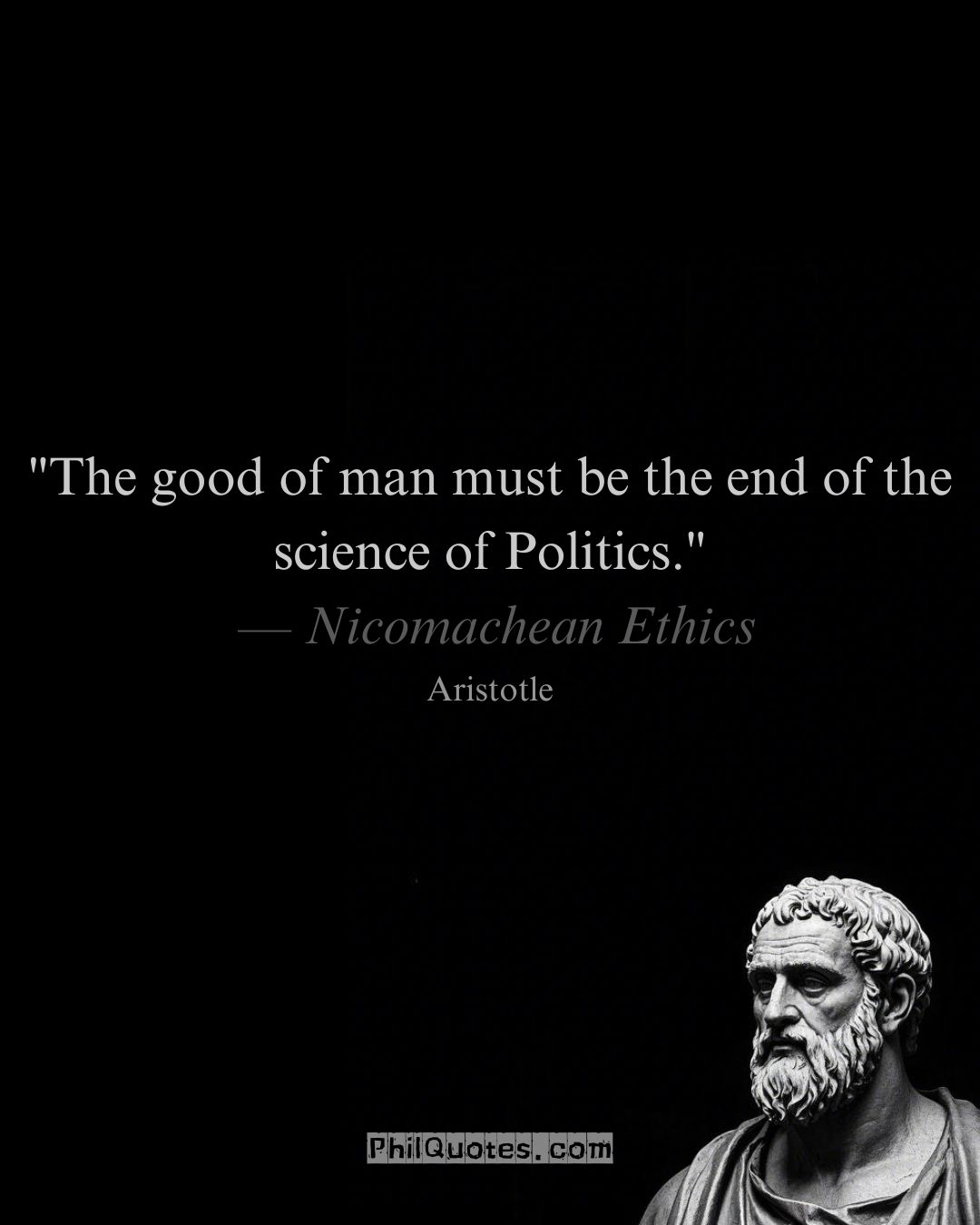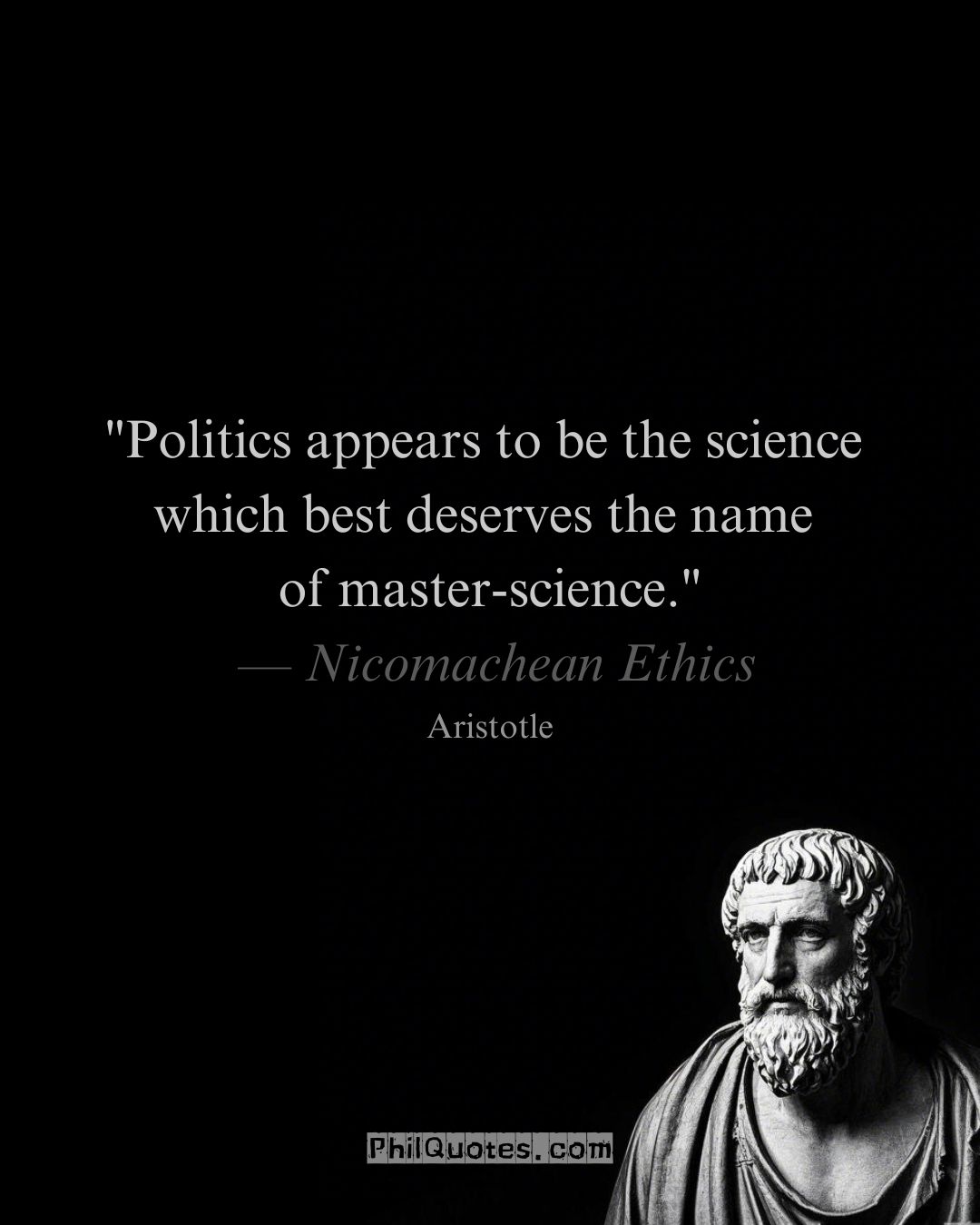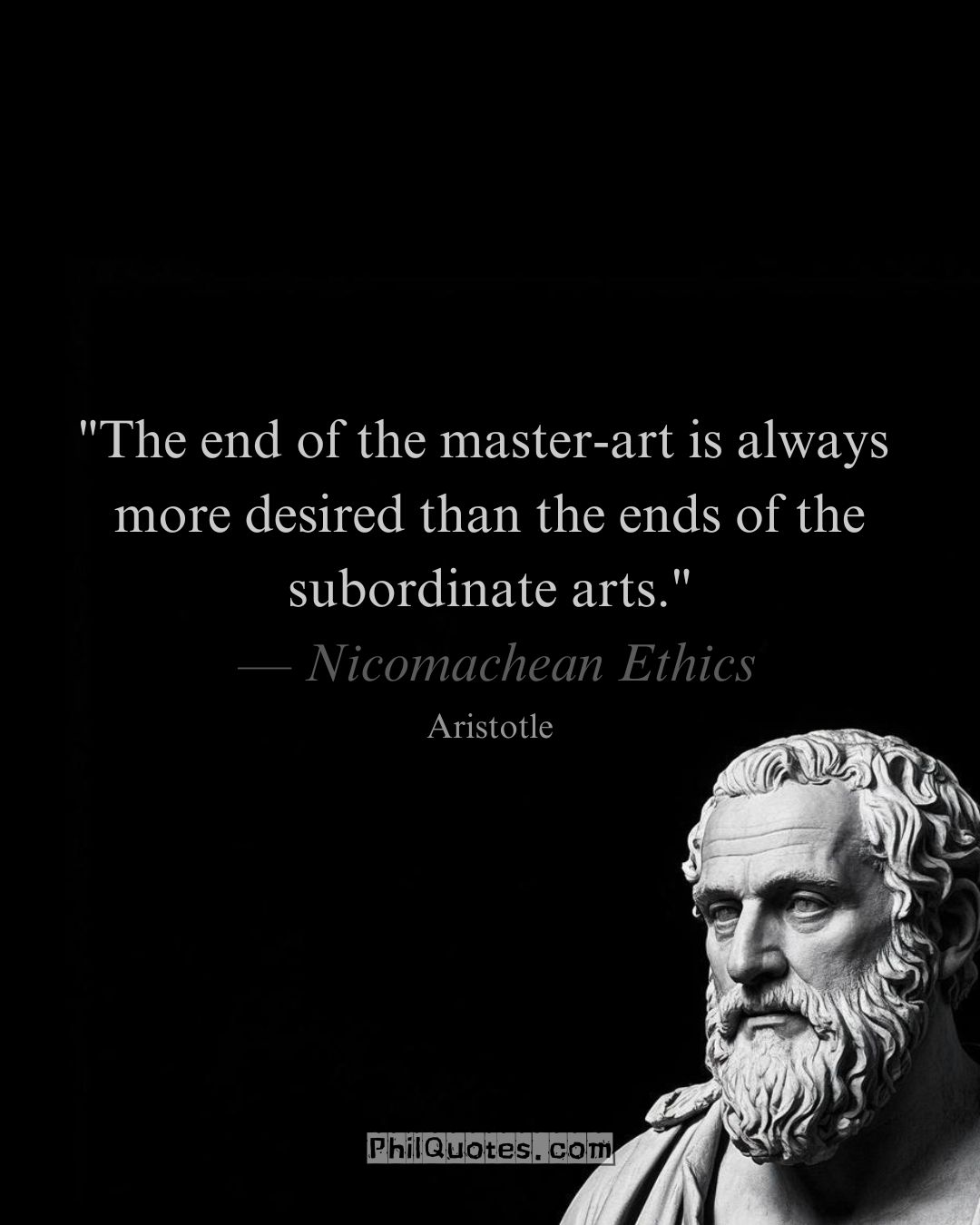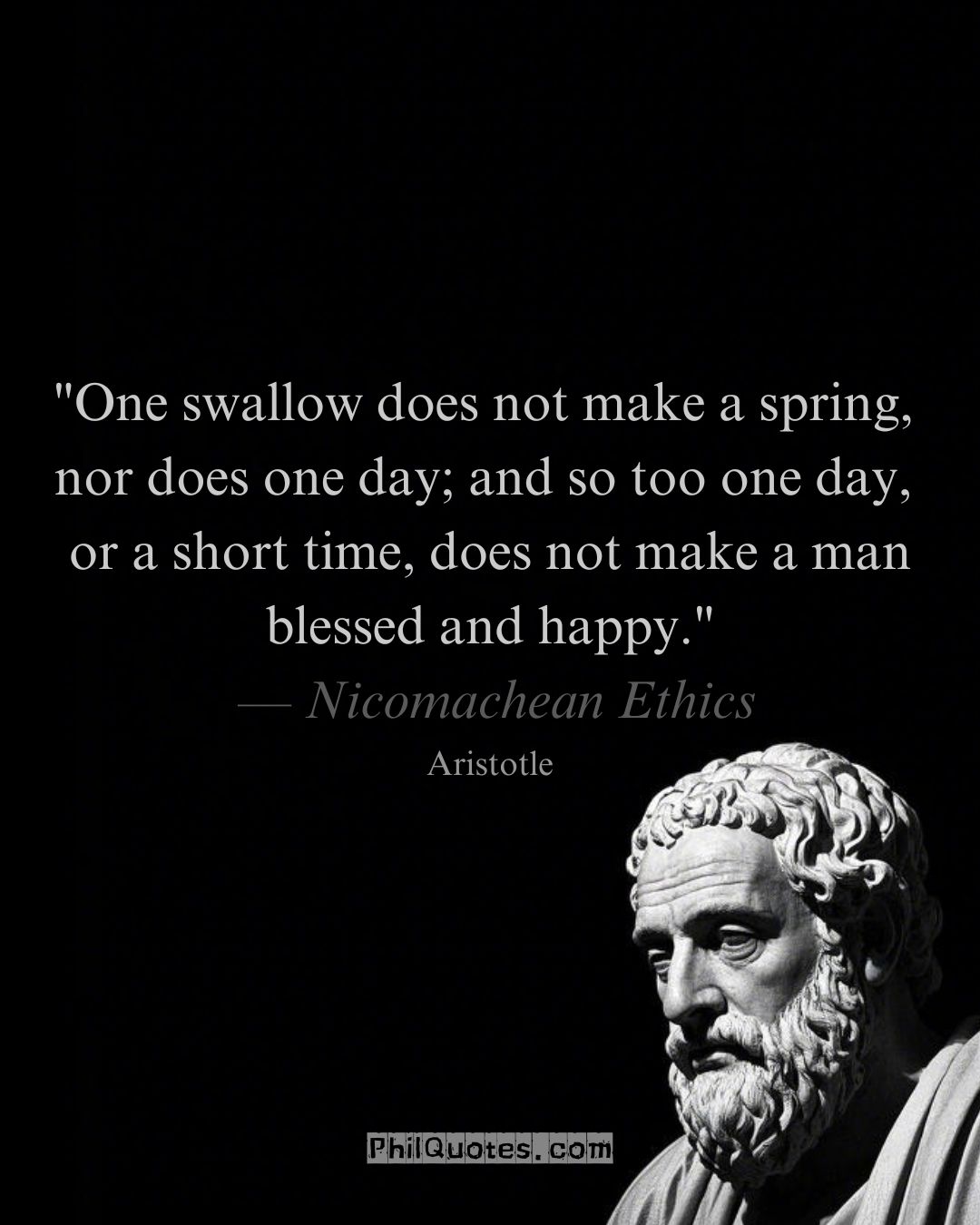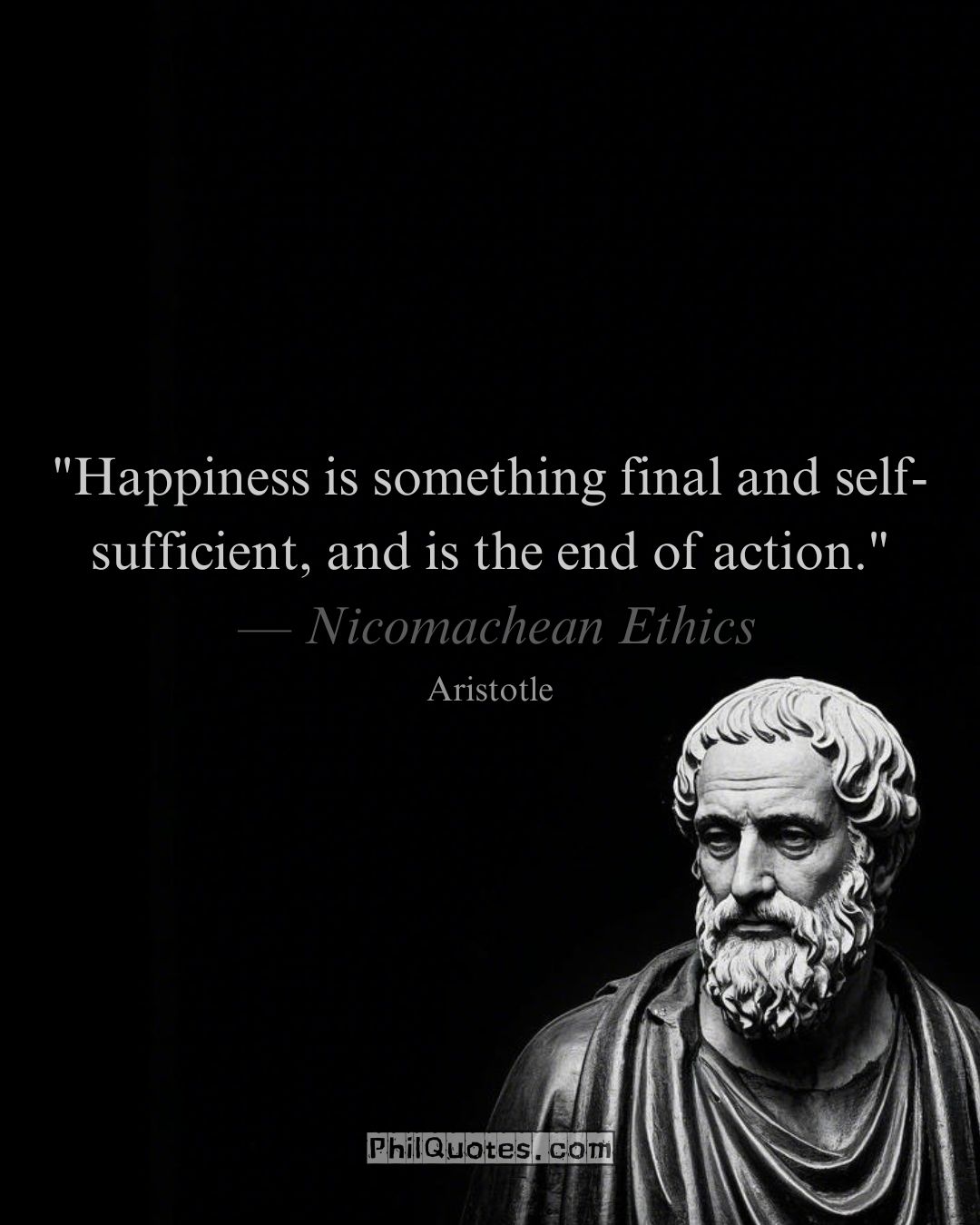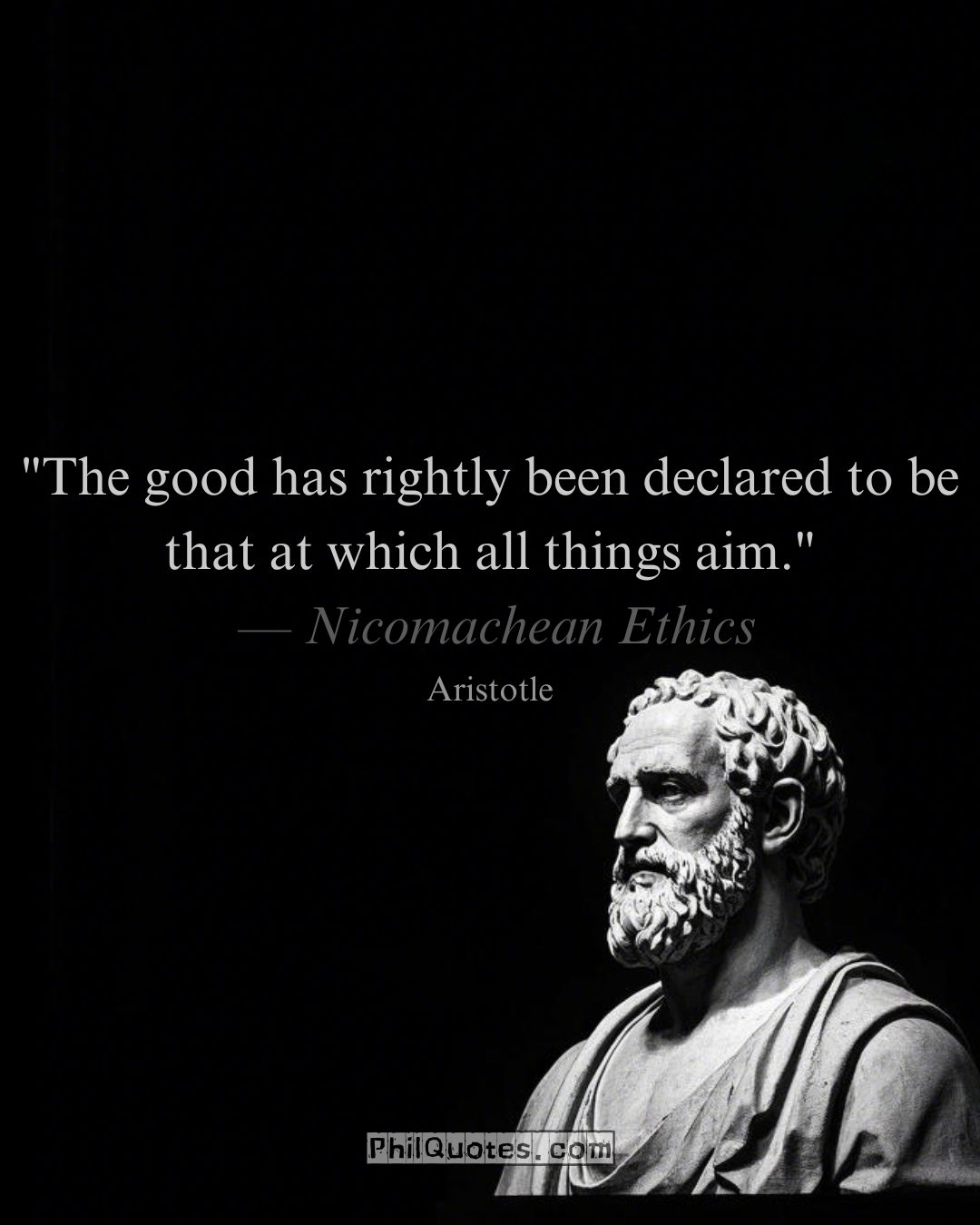Aristotle Nicomachean Ethics Quote: “To say that the supreme good is happiness is a truism; what is wanted is to explain what constitutes happiness.”
“To say that the supreme good is happiness is a truism; what is wanted is to explain what constitutes happiness.”— Aristotle, Nicomachean Ethics, Book I, Chapter 4 Simple Explanation:Aristotle rejects vague notions of happiness. True supreme good (eudaimonia) isn’t fleeting joy or luck, but lifelong excellence achieved through virtuous activity (courage, wisdom) and rational purpose … Read more
